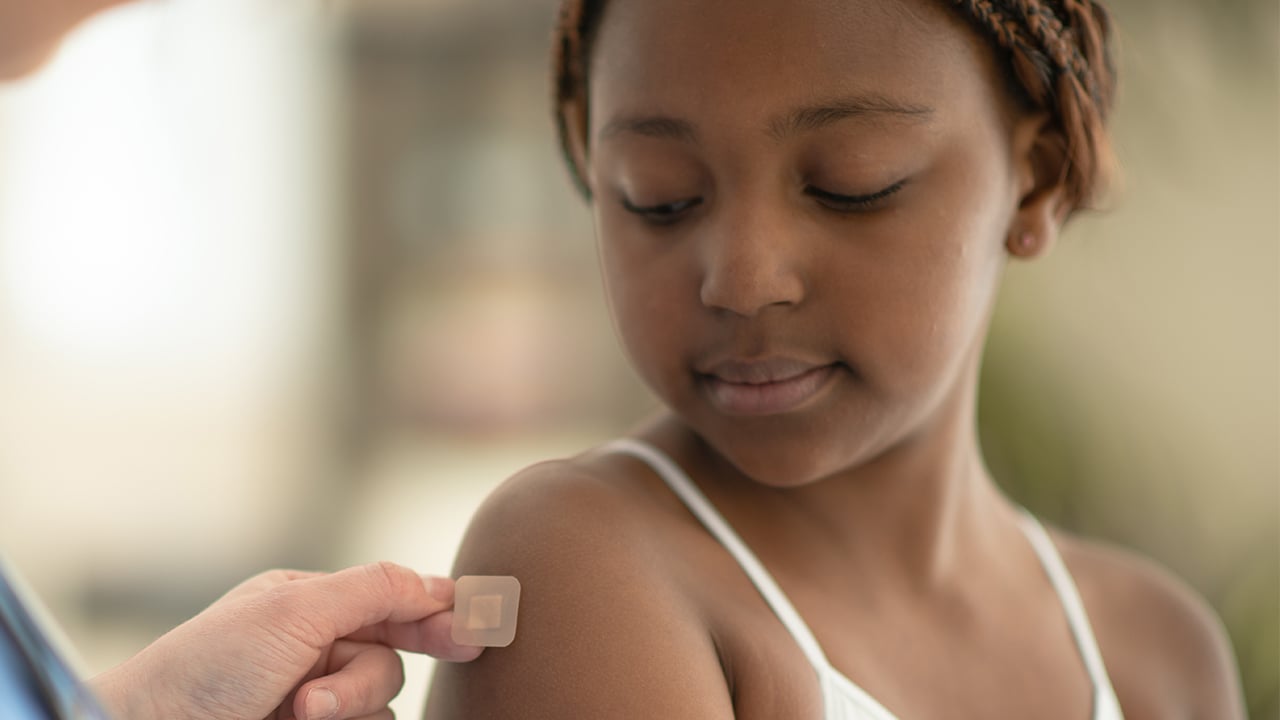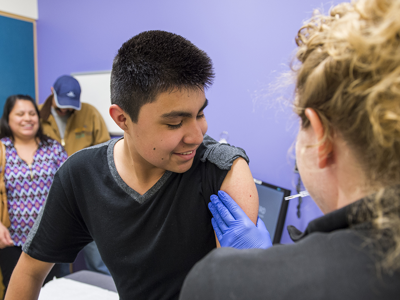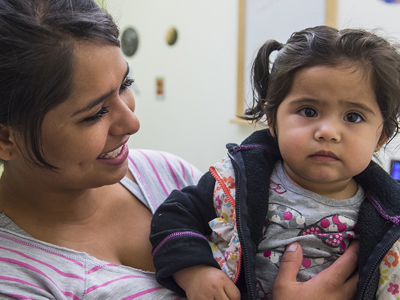- Doctors & Departments
-
Conditions & Advice
- Overview
- Conditions and Symptoms
- Symptom Checker
- Parent Resources
- The Connection Journey
- Calm A Crying Baby
- Sports Articles
- Dosage Tables
- Baby Guide
-
Your Visit
- Overview
- Prepare for Your Visit
- Your Overnight Stay
- Send a Cheer Card
- Family and Patient Resources
- Patient Cost Estimate
- Insurance and Financial Resources
- Online Bill Pay
- Medical Records
- Policies and Procedures
- We Ask Because We Care
Click to find the locations nearest youFind locations by region
See all locations -
Community
- Overview
- Addressing the Youth Mental Health Crisis
- Calendar of Events
- Child Health Advocacy
- Community Health
- Community Partners
- Corporate Relations
- Global Health
- Patient Advocacy
- Patient Stories
- Pediatric Affiliations
- Support Children’s Colorado
- Specialty Outreach Clinics
Your Support Matters
Upcoming Events
Colorado Hospitals Substance Exposed Newborn Quality Improvement Collaborative CHoSEN Conference (Hybrid)
Monday, April 29, 2024The CHoSEN Collaborative is an effort to increase consistency in...
-
Research & Innovation
- Overview
- Pediatric Clinical Trials
- Q: Pediatric Health Advances
- Discoveries and Milestones
- Training and Internships
- Academic Affiliation
- Investigator Resources
- Funding Opportunities
- Center For Innovation
- Support Our Research
- Research Areas

It starts with a Q:
For the latest cutting-edge research, innovative collaborations and remarkable discoveries in child health, read stories from across all our areas of study in Q: Advances and Answers in Pediatric Health.


Facts About Measles: What Parents Need to Know

Though measles was declared eliminated in the United States in 2000, it’s not just a disease of the past. The U.S. has seen increasing numbers of measles cases since 2011 due to a decrease in U.S. vaccination rates, coupled with an increase in unvaccinated travelers getting measles abroad and bringing it home. Even small pockets of unvaccinated people can lead to outbreaks, because measles is one of the world’s most contagious diseases.
What should you do to keep your family safe? Our pediatric infectious disease experts answer parents’ top 10 questions about the respiratory virus.
1. What is measles?
Measles, also called rubeola, is a highly contagious respiratory infection caused by a virus. Measles symptoms start with a fever, runny nose, cough, red eyes, sore throat and sensitivity to light, followed by a rash that that typically starts on the forehead and spreads all over the body. Measles can be serious, especially for young children.
Even in previously healthy children, measles can cause serious complications, including:
- Hospitalization (1 in 5)
- Ear infections (1 in 10)
- Pneumonia (up to 1 in 20)
- Encephalitis, or swelling of the brain, which can lead to brain damage including deafness or intellectual disability (1 in 1,000)
- Death (Between 1 and 3 in 1,000 – even with good healthcare)
Additionally, measles can cause severe complications in pregnant women.
2. How does measles spread?
Measles is spread through the air when an infected person coughs or sneezes. It’s one of the most contagious diseases on the planet — so contagious that if one person has it, 90% of people close to that person who are not immune will also become infected. Someone who is not immune to the virus can catch it from an infected person even in large spaces like gymnasiums, grocery stores and movie theaters.
People who have measles can spread the virus to others from four days before the rash appears to four days after. The virus can live on infected surfaces and in the air for up to two hours.
3. How can I protect my child from measles?
Measles can be prevented with the MMR (measles-mumps-rubella) vaccine. The Centers for Disease Control and Prevention (CDC) recommends that all children receive two doses of MMR vaccine beginning at 12 to 15 months of age, with a booster dose between 4 and 6 years of age. The vaccine takes about 10 days to 2 weeks to provide full protection. If your family is traveling overseas, talk to your child’s doctor about getting the vaccine sooner.
For the best protection, it's important to stay current with your child’s vaccines and well-care visits, including MMR. If you have questions about how to get your child the MMR vaccine, contact your child’s doctor or our ParentSmart Healthline.
4. Is the measles vaccine safe?
Yes. Most people who get the measles vaccine do not experience side effects, although mild problems such as fever, pain at the injection site or rash can occur. The risk of a serious allergic reaction from the MMR vaccine is very rare, about one in a million (1 in 1,000,000).
5. Is it too late to get my child immunized against measles?
It’s never too late to get vaccinated. “One of the most important things you can do for your child's health is get them vaccinated, preventing potentially fatal diseases,” says pediatric infectious disease specialist Sean O'Leary, MD, MPH.
Despite myths and misinformation, vaccines are safe and effective, and they're continually evaluated by an intricate system designed to test their safety and effectiveness at every turn. The most reliable source of information about vaccinations is your child's primary care provider. Ask your child’s doctor any questions you have about vaccines.
6. Hasn’t measles been eliminated from the U.S.?
Since the measles vaccine was introduced in 1963, ongoing measles transmission steadily declined until the disease was declared eliminated from the U.S. in 2000. Before widespread vaccination, measles caused an estimated 2.6 million deaths worldwide each year.
But measles can still be brought to the U.S. by travelers from any country where the disease still has not been eliminated or where outbreaks are occurring. The U.S. saw very few cases until about 2011, but since then, due to slightly lower vaccination rates, we have seen an increase in the number of measles cases. In 2019, the U.S. saw the greatest number of measles cases in nearly 30 years.
Measles has remained common in many countries, and millions of people are affected by the disease each year.
7. Should I worry about my child contracting measles?
If your child is 12 months old or older and is following the recommended vaccine schedule, it is very unlikely they will get measles, even if exposed. Two doses of MMR vaccine are about 97% effective at preventing measles.
If your child is too young to be vaccinated (younger than 12 months old), or cannot be vaccinated because of a weakened immune system, it is important that those who care for and have close contact with them are vaccinated. Babies younger than 12 months old and people who have weakened immune systems are especially vulnerable to complications from measles.
If you are traveling outside the country, please refer to the CDC’s travel immunization recommendations.
8. Do adults need to get vaccinated against measles?
The CDC recommends that adults born after 1957 get the MMR vaccine. If you aren’t sure whether you’ve been vaccinated, you can get a booster dose or check your antibody levels with a titer blood test. Talk with your doctor to decide which is best for you.
9. How do I know if my child’s school or childcare facility is protected?
Some Colorado counties and school districts are at increased risk for measles outbreaks due to low MMR vaccination rates. In fact, statewide, nearly 45,000 students could be potentially excluded from school for up to 21 days in the case of a measles outbreak.
Fortunately, Colorado requires schools and licensed childcare facilities to disclose their immunization and vaccine exemption rates and report rates annually to the health department. That means that anyone — including parents — can simply call and ask for the facility-wide rates. Parents can also look up vaccination and vaccine exemption rates for their child’s school or childcare facility on the state health department’s school and childcare immunization data website. Learn more from Immunize Colorado.
10. What can I do to speak up for kids?
Children’s Colorado advocates on behalf of kids in public policy, making sure that their needs and concerns are heard when important policy decisions are made. We have many ways that you can get involved and participate. Join the Children’s Colorado Child Health Champions and Immunize Colorado to receive action alerts and learn how you can be a voice for Colorado kids.
For questions about measles or your child’s health, please contact your child’s doctor or call our ParentSmart Healthline at 720-777-0123.



 720-777-0123
720-777-0123






